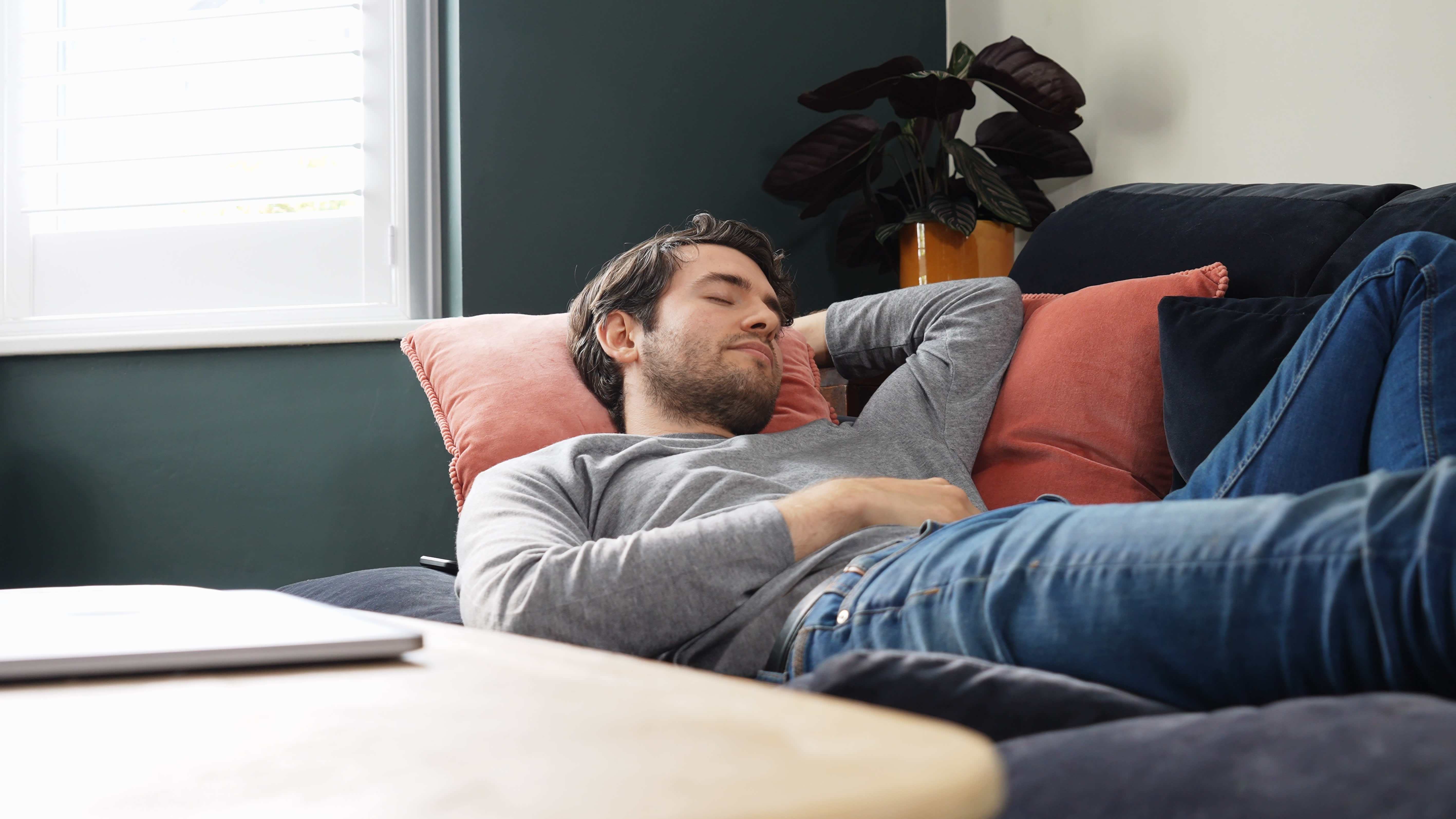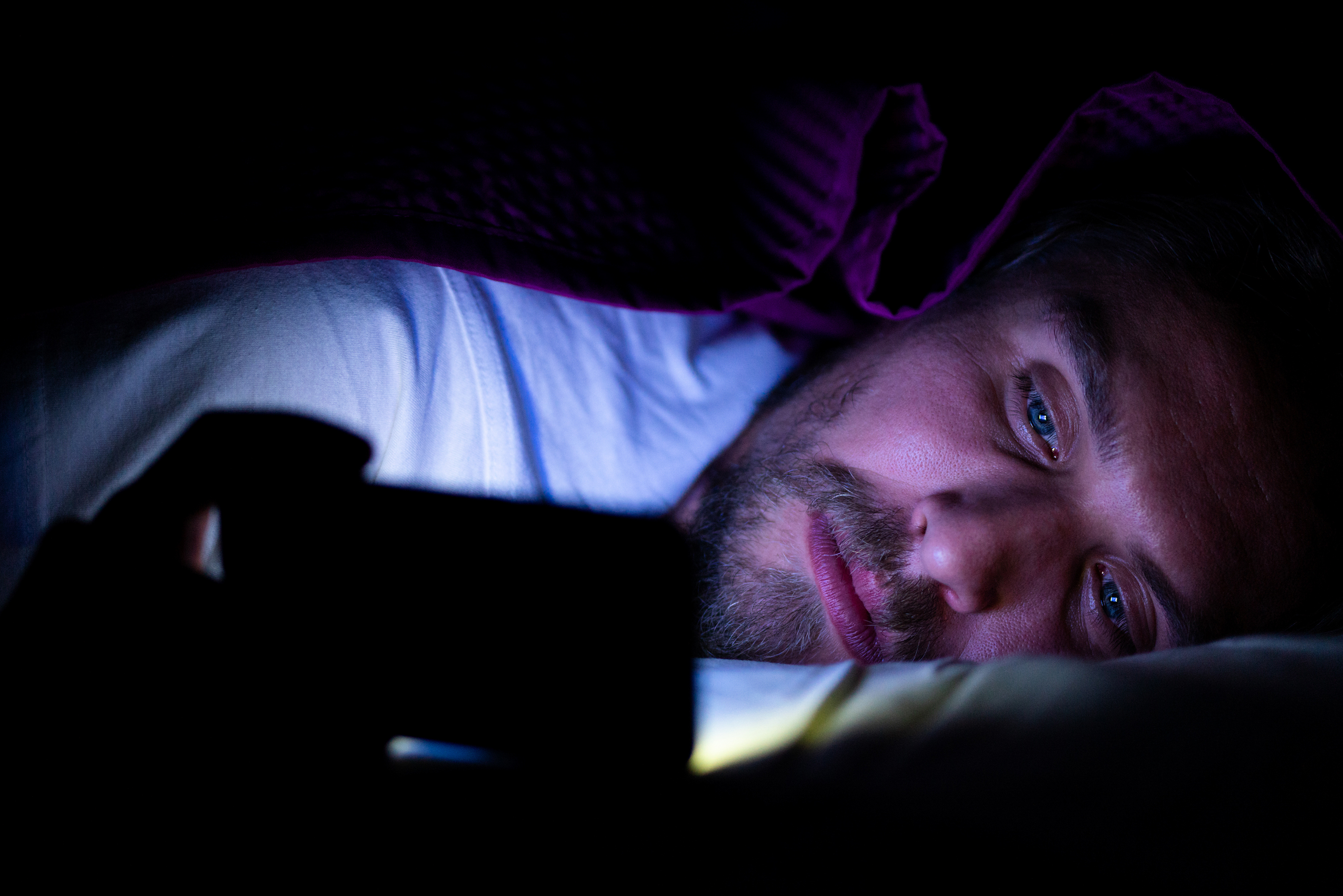A good night's sleep begins a lot earlier than you might expect — actually, from the moment you wake up. So we're taking a closer look at what you may be doing during the day that could be sabotaging your sleep at night.
For National Sleep Awareness Week, we talked to Dr. Julie Chen, an internal medicine physician with Kaiser Permanente, about ways to build a healthier sleep foundation.
Mistake: Eating at Inconsistent Times
"Your daytime activities, including eating meals at regular times, breakfast, lunch and dinner, are very important in establishing that circadian rhythm," Chen said.
One of the biggest mistakes people make is eating at inconsistent times or late at night, she said.
Her advice: Avoid large meals at least two hours before bedtime, especially with any spicy or fatty foods.
Mistake: Not Getting Enough White Light
Next up, consider how much light you're exposed to during the day.
Exposure to light helps your circadian rhythm — your body's internal clock that helps you know when it's time to sleep and when it's time to wake up.
"White light is very important to have during the day, especially if you're indoors. The bright light of office lights does actually count, in terms of good quality light that you should be getting during the daytime," Chen said.
"During the evening hours, people should really be dimming the lights," she said. "Using dim lights actually is another signal to the brain that one is going to be preparing to go to sleep and have better quality sleep at night."
Mistake: Not Getting Enough Time Outdoors, or Missing Out on Physical Activity
If you're an office dweller, it may not be surprising to hear that you should probably be spending more time outside.
According to a poll by the National Sleep Foundation, people who spend three to five hours a day outdoors reported the highest quality of sleep. Yet nearly half of people surveyed say they're not exposed to bright light indoors in the morning or afternoon.
"Many of us work at a desk and are on a computer the majority of the day," Chen said. "And unfortunately, that does not promote good sleep because, again, the body needs to have physical activity in order to establish a good circadian rhythm in order for people to sleep better at night."
You can increase your activity by skipping the elevator and taking the stairs, or by going for a walk during your lunch break.
Mistake: Too Much Caffeine (We're So Sorry)
And — you knew this was coming — cutting back on caffeine during the day also makes a big difference at night.
The CDC recommends seven hours of sleep a night for adults.
.



